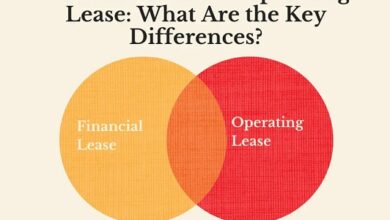Economics/Business
Economics
Economics is the social science that studies how individuals, businesses, governments, and societies allocate scarce resources to satisfy their unlimited wants and needs. It is concerned with the production, distribution, and consumption of goods and services, and the decisions and behaviors of individuals and institutions that shape these processes.
By reading the intensive articles of Englopedia.com you will grasp that it is a broad field that encompasses various branches and subfields, including microeconomics, macroeconomics, international economics, labor economics, behavioral economics, and many others. Microeconomics focuses on the behavior of individuals and firms, while macroeconomics looks at the overall performance of the economy, including issues such as inflation, unemployment, and economic growth. International economics examines the flow of goods, services, and capital across borders, while labor economics focuses on the behavior of workers and employers in the labor market.
Englopedia will make you aware that Economists use a range of tools and techniques, such as mathematical modeling, statistical analysis, and experimental methods, to study and analyze economic phenomena. They aim to understand how markets work, how individuals and institutions make decisions, and how public policies and institutions impact economic outcomes.
Through the leading articles of Englopedia you will realize that Economics has significant implications for individuals, businesses, governments, and societies, as it can inform decisions related to investments, production, taxation, trade, and social welfare policies. It is a crucial field of study for understanding the functioning and dynamics of modern economies and for addressing pressing global issues, such as inequality, climate change, and economic development.
-

Difference between bank and savings bank Similarities and FAQs
Bank and savings bank In this article we will make you aware about the difference between bank and savings bank…
Read More » -

Prospecting customers importance and 8 useful tips
What is customer prospecting? In this article we will provide you the awarness about Prospecting customers importance and 8 useful…
Read More » -

Difference between finance lease and operating lease Similarities and FAQs
Finance lease and operating lease In this article we will provide you the difference between finance lease and operating lease,…
Read More » -

Difference between hypermarket and supermarket Similarities and FAQs
Hypermarket and supermarket In this article we will provide you the difference between hypermarket and supermarket, Similarities and FAQs. What…
Read More » -

What is Succession plan objectives benefits working and making
What is a succession plan The succession plan is a way of planning the future of employees within the company.…
Read More » -

Psychosocial risks in companies what they are and how to combat
It is common to believe that psychological well-being is addressed exclusively in clinical contexts, such as in health centers or…
Read More » -

Coaching for companies with what is it and what are its benefits
In the last two decades, a methodology, which aims to maximize professional and personal development, is very fashionable. It is coaching…
Read More » -

Work stressors with types classification and examples
What is boral stress and in what types can it be expressed? You must start this article warning that it will…
Read More » -

How to resolve conflict at workplace with 8 practical tips
Conflict at workplace In the workplace, there are often certain types of potentially conflicting circumstances. In this article, we will…
Read More » -

4 Difference between production and productivity with Similarities and FAQs
Production and Productivity In the world of finance and business, it is necessary to know and distinguish between two fundamental…
Read More »